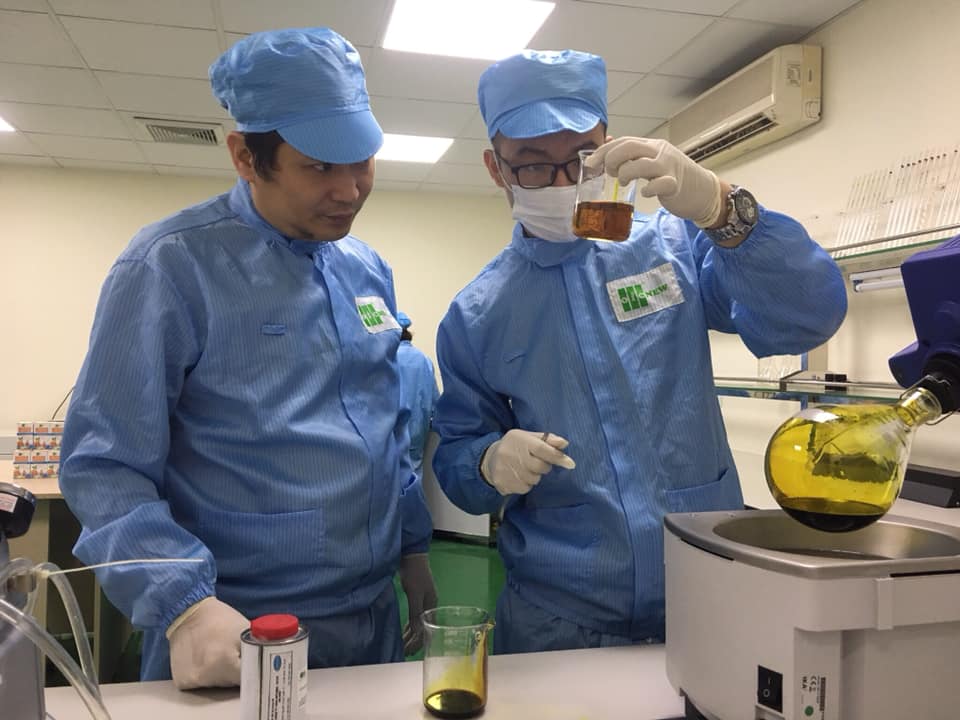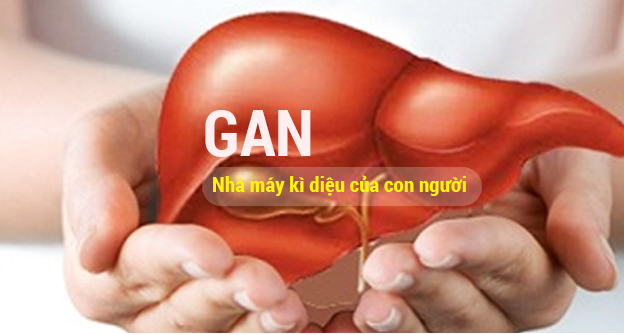People treating stomach and duodenal problems are certainly no stranger to proton-pump inhibitors (PPIs), which are very popular in treatment. They are very effective in improving the symptoms and complications of the disease. However, recently in the United States, to protect the health of patients, the Food and Drug Administration (FDA) issued some warnings when using PPIs for a long time.

The effect of PPIs is to reduce acid to treat gastroesophageal reflux disease, also known as GERD (gastroesophageal reflux disease), which is characterized by acid refluxing into the esophagus from the stomach. People with GERD can take long-term H2-histamine receptor blockers or PPIs.
However, this raises a lot of concerns that suppressing the natural process of gastric acid secretion for a long time may have unintended consequences. In fact, some studies suggest that there may be some of the following side effects:
1. Causes nausea and headaches
Like all medications, PPIs occasionally cause side effects, including nausea and headaches. PPIs can promote the production of gastrin, an important stomach hormone. Too much gastrin can cause a number of problems, including restoring excessive stomach acid secretion, if people stop taking PPIs.
Proton pump participates in acid secretion in the stomach.
2. Pneumonia
It sounds absurd because apparently the respiratory and digestive tracts are quite separate. However, they have a common gateway that begins at the mouth and back of the throat before dividing into 2 separate “tubes”. When lying flat while sleeping, a small amount of gastric juice tends to go up the esophagus and into the windpipe. This happens even in people with perfectly healthy respiratory and digestive systems.
Bacteria are more likely to thrive in the less acidic environment created by PPIs, so in people who take PPIs long-term, they may be more likely to carry bacteria into the lungs, where they can cause pneumonia. .
















